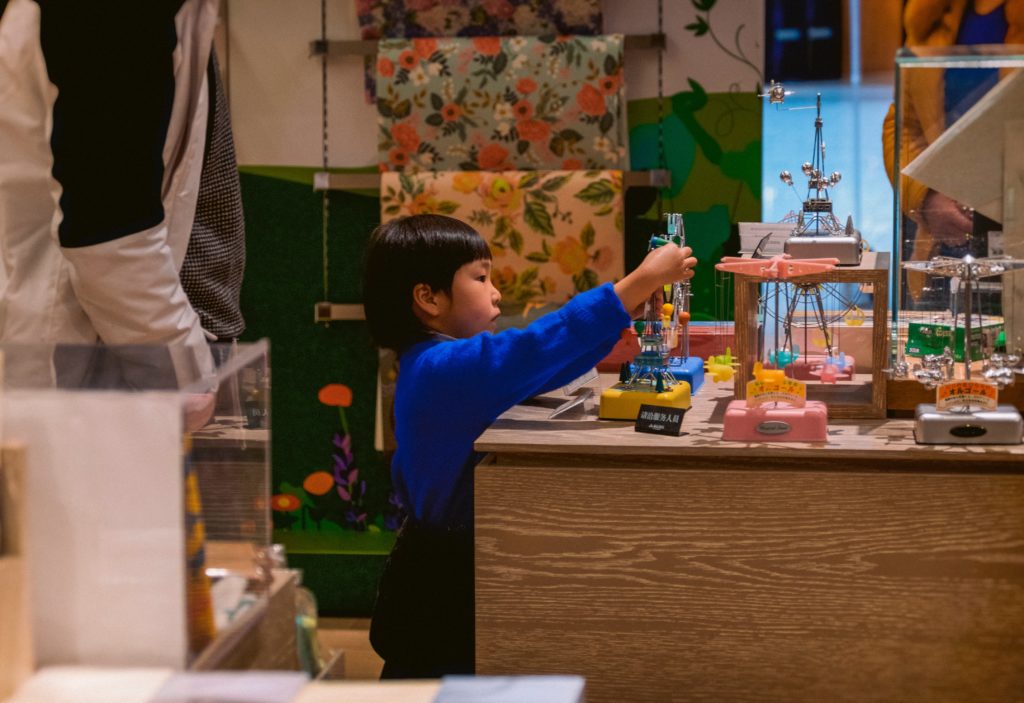By Jose Sanchez
Edited by Natalie Grace Sipula & Anahi Terrazas
[4 minute read]
Editor’s Note:
Throughout this month, cities across the United States have seen a change in leadership at, not only a national level but also at the local level as many counties and cities also held elections for local government positions. Local government is often responsible for parks, police and fire departments, public transportation, and housing services, playing a large role in shaping the life of community members and the maintenance of the city or county.
– Anahi Terrazas, Co-Editor
The Los Angeles Tenants Union seeks to advocate for the rights of all renters in the city of Los Angeles. At local chapter meetings, renters (or anyone who does not own their own home) voice their concerns and hardships and ask what can be done to remedy their situation. At every meeting, struggling families meet people who have had similar experiences and will almost always find answers to their most pressing questions.
Los Angeles neighborhood councils give ordinary citizens the chance to play a part in local government. As a board member of a neighborhood council, people can collaborate with fellow community members to take part in a variety of community-geared activities, such as working to fund events with the goal of increasing community civic engagement or even introducing ideas for legislative action at a city or state level. I am on two local councils in Los Angeles, and they have given me great insight into the everyday problems that people experience within my community.

I am on the board of the Rampart Village Neighborhood Council as a student representative, and I am a contributing member of the Los Angeles Tenants Union’s Beverly and Vermont branch. I joined both of these councils to learn more about the unique difficulties experienced by members of my community and also to identify different ways that I could help my community.
The most pressing issue on most people’s minds is almost always homelessness. In fact, this topic is often brought up by international students during conversation groups. They tell me how surprised, concerned, and even shocked they are to see the prevalence of homelessness in LA.






